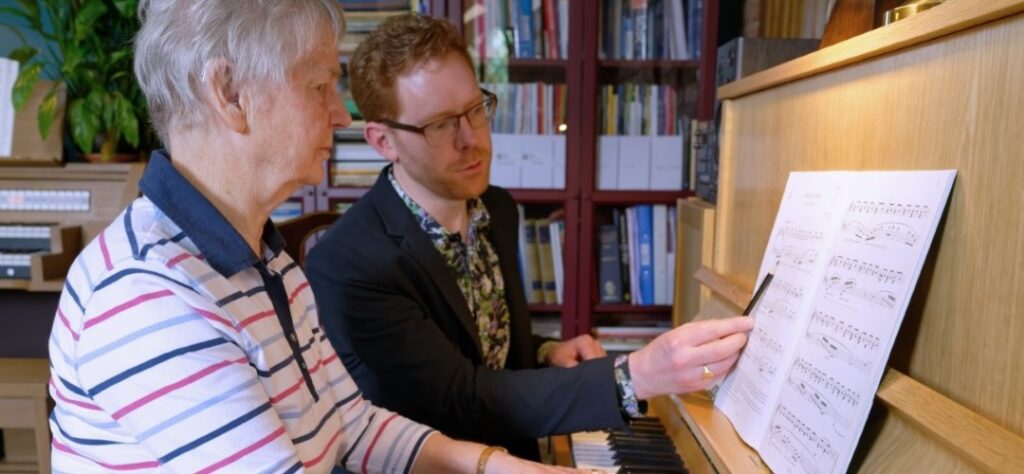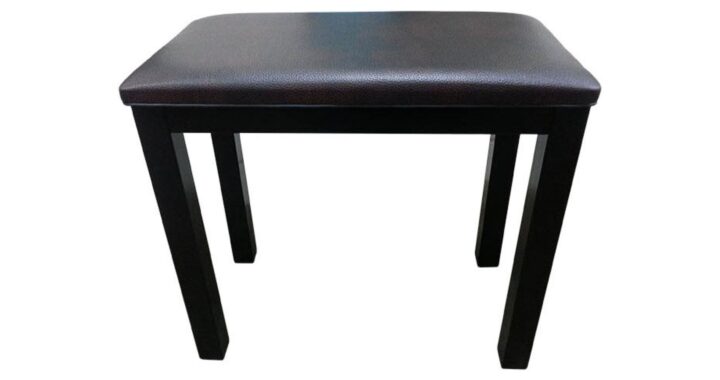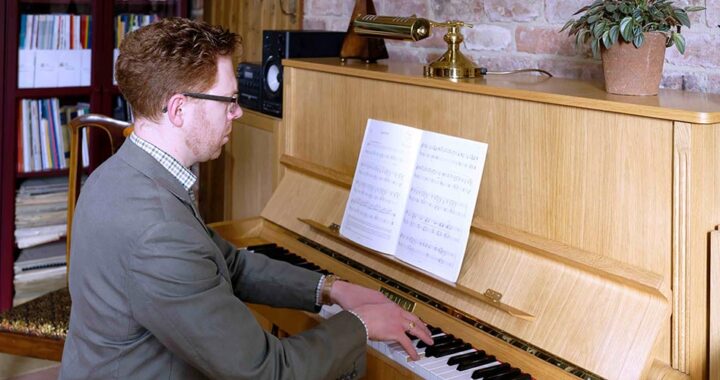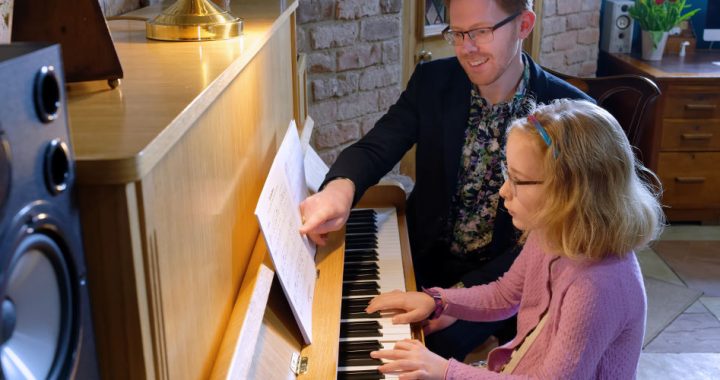
It improves concentration
There are many studies which show a correlation between learning a musical instrument and success in other subjects at school. Researchers have measured strong changes in the brain of those learning the piano, even where piano lessons have commenced after the age of 65.
It benefits your social life
Although pianists tend to perform by themselves, piano pupils can have the opportunity to meet up socially in piano clubs and pupil concerts. It’s a great way of getting to know other people who share similar interests. Pianists can also meet up to play duets together or form bands and ensembles with other musicians.
It helps you relax
Having to concentrate on practising a musical instrument can help to take the mind off other worries. Listening to music too is well-known for helping people relax and wind down.
It’s rewarding
There is nothing like the sense of achievement that comes through learning to play a musical instrument. The journey from playing the first few notes to being able to perform pieces for your own enjoyment and others’ is incredibly satisfying.
It builds confidence
Yes, it can be nerve-wracking to play the piano in front of others but over time it’s possible to gain confidence and even enjoy performing and sharing music with an audience.
It develops patience
Learning the piano is a long-term project. It takes time to develop the techniques and skills required to master a musical instrument but practising a little every day will ensure progress is made.
It improves memory
Even if you choose to use the sheet music when playing the piano, learning a piece of music will still develop memory skills as you learn the various note patterns.
It develops creativity
Although the written notes may have been composed by someone, the performer adds their own creativity as they decide how to interpret the music. The piano is also an excellent instrument for composing and improvising.
It develops productivity and time-management skills
Pianists have to work out how to manage their practise time and ensure it is as productive as possible. They have to plan their preparations for exams and performances.
It improves co-ordination
The piano is an excellent instrument for developing co-ordination between the hands. More advanced pianists will start to use the damper pedal, requiring co-ordination with the foot as well as the hands!
It improves posture
When playing the piano it’s important to think about posture so the pianist can sit comfortably and have freedom of movement in the arms, wrists and hands.



